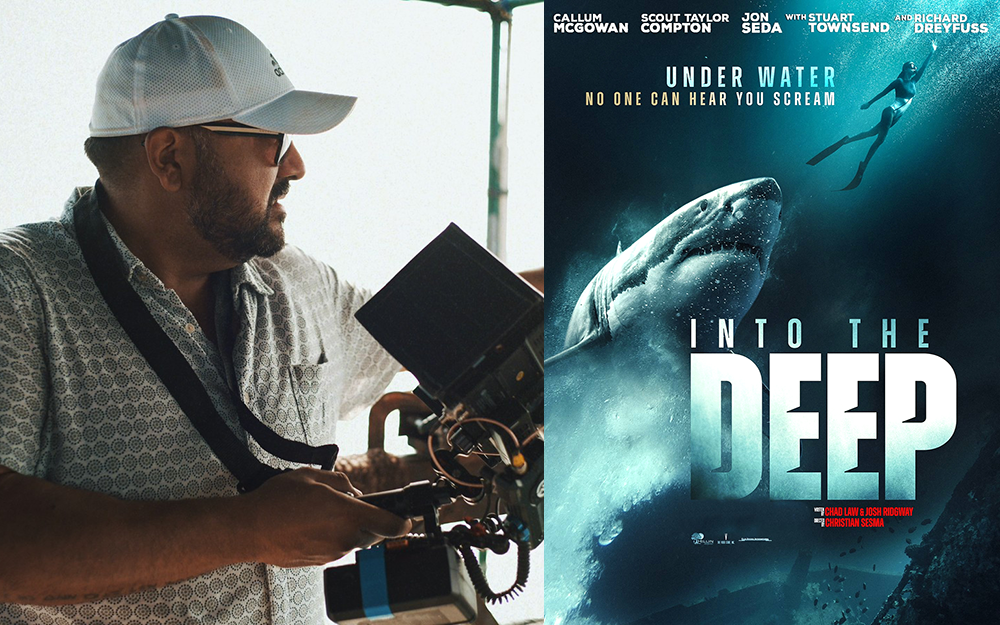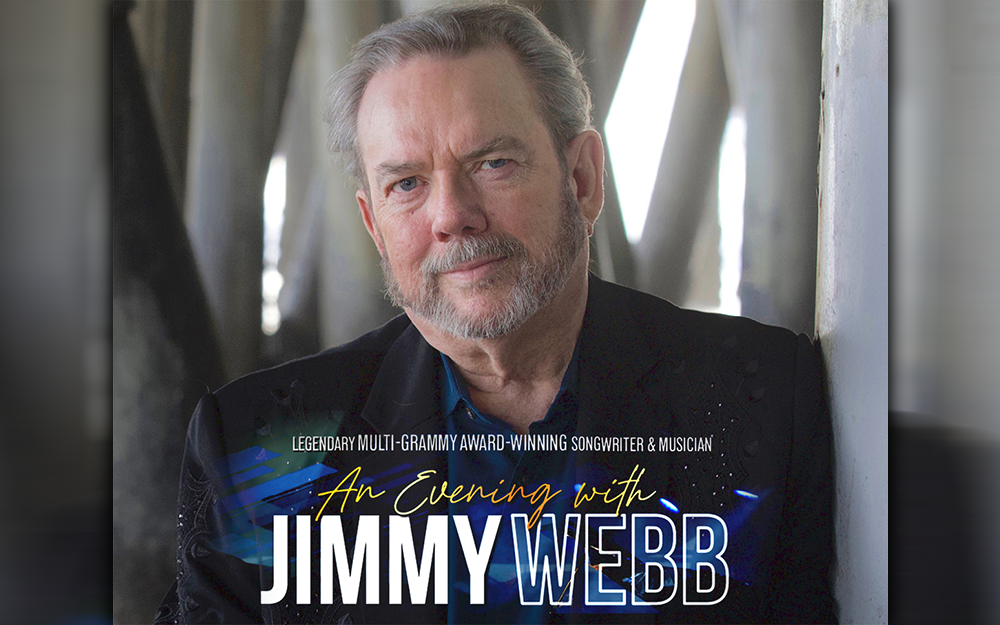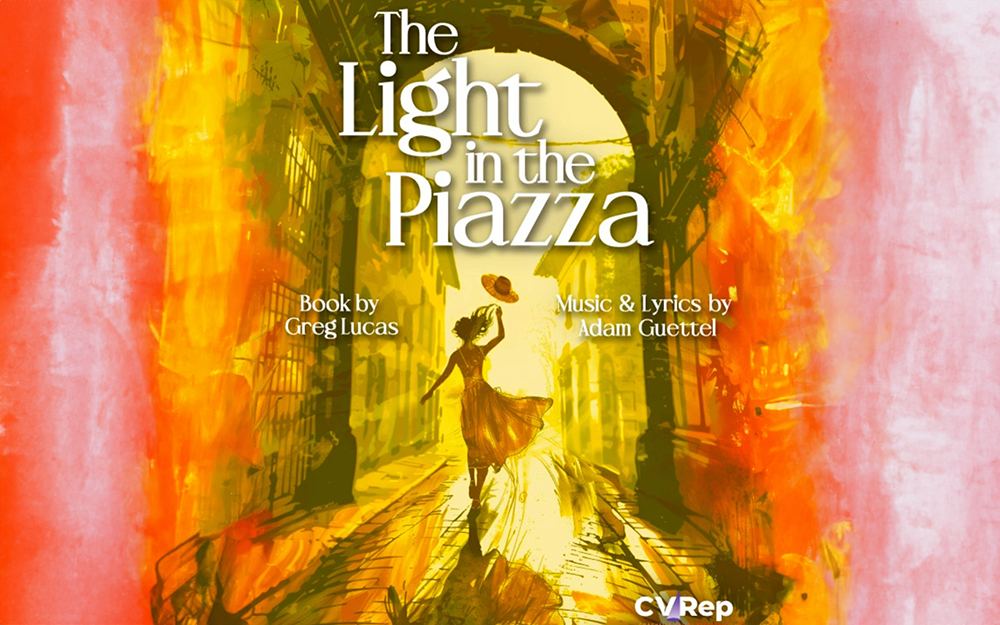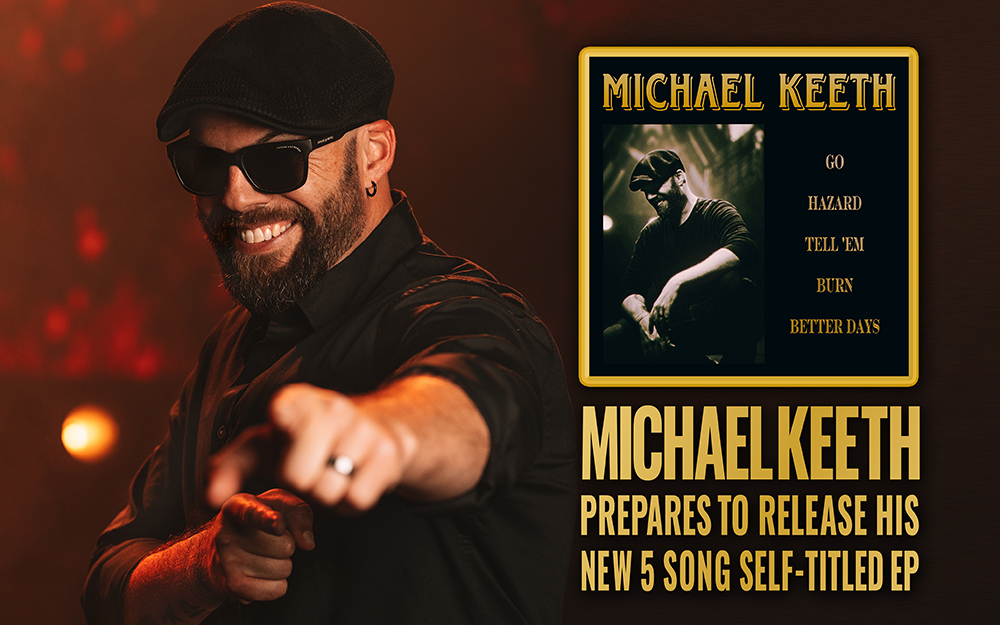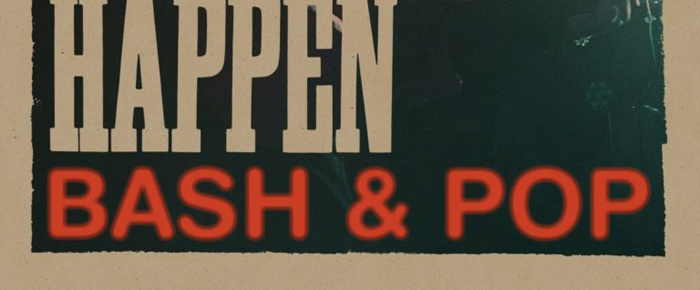
By Eleni P. Austin
Tommy Stinson has been a working musician since before he hit puberty. Nearly 40 years ago, he began his career playing bass in the Replacements. The influential four-piece merged Punk energy with heartfelt sentiment creating a ramshackle sound that continues to resonate today.
If you look up the word “shambolic” in the dictionary, chances are, you will probably see a picture of the Replacements. Along with Husker Du and Soul Asylum, the band spearheaded Minneapolis Punk/Indie movement from 1979 until 1991. Brilliant, intuitive musicians, they created indelible songs like “I Will Dare” and “Can’t Hardly Wait,” but their live shows could be sloppy and chaotic, drunk and disorderly affairs.
Tommy Stinson was just 11 years old when his older brother Bob gave him a bass to keep him off the streets. With Bob on guitar and their friend Chris Mars on drums, they soon added Paul Westerberg on rhythm guitar and lead vocals. Paul quickly emerged as the sonic architect of the band. In 1981 they signed with the indie label Twin/Tone and recorded their debut, Sorry Ma, Forgot To Take Out The Trash that same year. The foursome quickly followed up with Stink in 1982 and Hootenanny in 1983. Their fourth album, Let It Be was a game changer, topping critics’ polls and earning the ‘Mats national exposure. Their sound had naturally evolved from Punk Rock thrash to melancholy introspection.
They left Twin/Tone for the greener pastures of Sire Records and released Tim in 1985. Not long after, Bob Stinson’s substance consumption reached a tipping point and he was replaced by guitarist Slim Dunlap. Their music became even more assured and ambitious, Pleased To Meet Me arrived in 1987, and included an almost-hit, an ode affectionate to the Big Star leader “Alex Chilton.” They followed with their most commercial effort, 1989’s Don’t Tell A Soul. That same year they landed a gig as the opening band on Tom Petty’s world tour.
Despite their newfound musical sophistication, live performances could still devolve into sloppy, sodden affairs. Their final effort, All Shook Down felt like a band album in name only. Paul Westerberg’s songs were sleek and streamlined, frustrating fans and critics alike. They soldiered on for one final tour before it all shuddered to a halt.
The band called it quits and Paul Westerberg embarked on a solo career. Tommy Stinson has since carved out a sustainable career in an ever-changing and mercurial music industry. He forged ahead, forming bands, recording solo albums and joining one of the biggest bands in the world.
After the dust settled he put together his first band Bash & Pop, releasing the record Friday Night Is Killing Me, in 1993. Sadly, in 1995, his brother Bob succumbed to his addictions and died from organ failure at the age of 35. The following year Tommy founded Perfect, and they recorded an EP, When Squirrels Play Chicken following up with a full-length effort that was shelved by the label in 1998. (It finally saw the light of day in 2004).
That same year Tommy was rehearsing at an L.A. studio and bumped into Josh Freese, who had made his bones as the drummer for SoCal Punk band, the Vandals. Josh had just been recruited by Axl Rose for his latest incarnation of Guns N’ Roses, and mentioned they were looking for a bassist. Tommy learned a couple of songs and auditioned as a lark. For the next decade plus, he was the bassist for GnR.
Not only did Tommy tour extensively with Axl’s version of the band, he also contributed to the long-gestating Guns album, Chinese Democracy; an exhaustive effort that began life in the studio in 1997 and was released in 2008. He also managed to record his first solo album, Village Gorilla Head in 2004. He even joined Soul Asylum for a spell, filling in for original bassist Karl Mueller, (who passed away in 2005, following a valiant battle with throat cancer). Tommy’s second solo effort, One Man Mutiny was released in 2011.
The following year, Tommy, Paul Westerberg and Chris Mars rallied round the ailing Slim Dunlap who had recently suffered a stroke. Songs For Slim was a vinyl-only EP featuring two Dunlap originals and three cover songs. The proceeds went to cover medical expenses. The time seemed right for a reunion. Tommy and Paul recruited guitarist Dave Minehan and drummer Josh Freese and set up select live shows in the summer of 2013.
In early 2014 they were on the bill for Coachella, adding several dates and committing to a full-fledged tour for 2015. They also went back in the studio. A couple of songs emerged, but a full album never and arrived. At a show in Portugal, Spain, Paul announced from the stage that it was his final Replacements show.
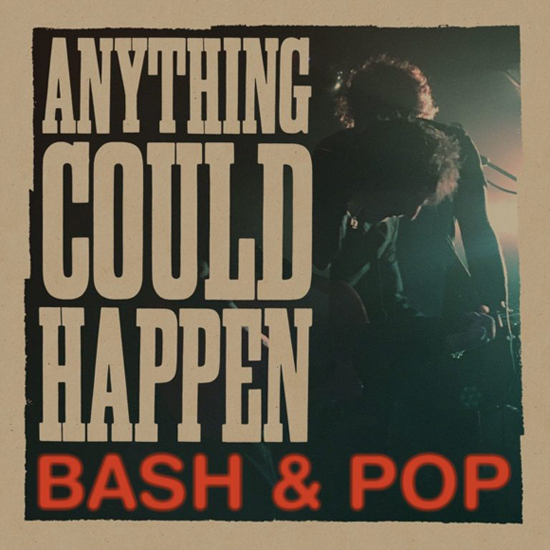 The songs Tommy planned to contribute to the Replacements album could have been used on another solo album, but he opted to resurrect the Bash & Pop moniker. Enlisting a few pals, most of the tracks were recorded live in the studio. The result is the rollicking record, Anything Can Happen.
The songs Tommy planned to contribute to the Replacements album could have been used on another solo album, but he opted to resurrect the Bash & Pop moniker. Enlisting a few pals, most of the tracks were recorded live in the studio. The result is the rollicking record, Anything Can Happen.
The album kicks into gear with the triple attack of “Not This Time,” “On The Rocks” and the title track. Careening out of the speakers at top speed, “Not This Time” blurs skittery rhythm guitar with barrelhouse piano and a pummeling beat. A glimmer of self-doubt is washed away as whiplash guitar riffs ricochet through the melody, and Tommy offers this promise, “I won’t waste your time, no not this time.”
A crackling drum break opens “On The Rocks.” Sidewinder guitar, propulsive bass lines and bendy organ notes lock into a Stonesy groove. The lyrics take stock of a rickety romance; “How long do you think we can take it before we shake it, how long do you think we can fake it before we break it/It comes as no shock, we take our love on the rocks.” A Dixie-Fried guitar solo pinwheels through the arrangement, mirroring the sense of equivocation.
On “Anything Can Happen” search and destroy riff-age collides with a hopscotch rhythm and re-confirms Tommy’s Punk Rock cred. A blowsy, barroom sing-a-long, it pares down the vagaries of life to “I might change my clothes, I might change my mind, I might change my life, anything can happen.” Squally shards of guitar accompany this lassiez faire epiphany.
Back in the Replacement days, Tommy co-wrote a few songs with Paul and the band, but his contributions were often tongue-in-cheek efforts like “Tommy Gets His Tonsils Out” or “Gary’s Got A Boner.” In the ensuing years his song-craft has shape-shifted from bratty little brother Punk-Rock rants, to more contemplative and considered narratives. The best tracks here highlight that maturity.
“Breathing Room” blends rustic banjo flourishes, sugar rush guitar, a trap kit rhythm and an impossibly catchy melody. The lyrics offer a wry take on a contentious love affair; “You’re the pain in my ass, I’m the ache in your heart, you’re the fist in my face, I’m the words you can’t hear/You’re the dream that I thought I had, I’m the wish that won’t come true.” Rather than throw in the towel, parity is achieved when they give each other space, a.k.a. “breathing room.”
The Jingle Bell Blues of “Anytime Soon” is anchored by high lonesome pedal steel and “everybody skate backwards” organ. The melody shares some musical DNA with the ‘Mats classic, “Swingin’ Party,” while the lyrics shade toward self-pity; “Christmas time so bleak again, these not so funny feelings I thought I could shake/Somehow I know there’ll be a break in these clouds.” Ultimately, he admits his psychic wounds are self-inflicted; “I just bring this shit-storm down upon myself.”
The gossamer jangle of “Can’t Be Bothered” shimmers in a minor key. Sunshiny acoustic notes weave through a tapestry of Bottleneck riffs, roiling bass and a shaker percussion. Tommy’s mien is by turns, rueful, caustic and cryptic; “The worst things seem to happen in threes, we used to flip the bird until the bird turned to the trees, now we can’t be bothered with any of that.”
Despite the downer title, “Bad News” promises “a break from all this sadness.” Spiraling guitar riffs dovetail with Hammond B3 colors and a pounding rhythm. This Country Rock charmer kicks into overdrive with a coruscated bottleneck solo as lyrics insist “it’s time to trade this bad news for good.”
Other interesting tracks include the pulsating “Anybody Else.” and “Never Wanted To Know.” On the former, melody and instrumentation split the difference between ‘70s Heartland Rock and ‘80s New Wave. Sci-Fi synths connect with plinky piano and a thumpy beat. The lyrics are soul searching but defiant; “I need a new occupation, I need some sleep/If you’re going to tell me all my faults, I’ll tell you the ones I’m gonna keep.” The latter is brittle and Punk-tastic, fueled by muscular guitar chords, tensile bass lines and a walloping back-beat .
The album’s final three tracks form an unlikely triptych. “Unfuck You” is a sprawling kiss-off powered by rippling piano runs, a see-saw rhythm and langorous guitar. Passions have cooled following a one night stand and buyers’ remorse has set in; “Wishing I could unfuck, unfuck you, and I’m sure given half the chance, you’d unfuck me too.” Succinct.
“Jesus Loves You” is a cosmic cousin to the Rolling Stones’ “Dead Flowers.” on this scabrous shuffle Tommy insists he has nothing to atone for, but still expects absolution. Finally, “Shortcut” is a wistful acoustic ramble. Despite the filigreed fretwork, the lyrics pull no punches; “You looked so bored when they were laughin’ at you, you played so rough when they were dyin’ to meet you/You know as well as I, when your make-up runs, it’s time to take a long hard look and take a shortcut through the dirt.”
The 21st century edition of Bash & Pop includes Tony Kieraldo on keys and vocals, Justin Perkins on acoustic guitar, percussion and vocals and guitarist Chip Roberts. Famous friends like guitarists Luther Dickinson, (North Mississippi All-Stars, Black Crowes), Steve Selvidge (The Hold Steady), and Davey Lane (You Am I) lend a hand. Also piching in are drummers Frank Ferrer and Joe Sirois (from Guns N’ Roses and Mighty, Mighty BossTones, respectively), and bassist Cat Popper, (Ryan Adams).
Sloppy, loose-limbed and stripped down, Anything Can Happen delivers on the promise of the first Bash & Pop record. Tommy Stinson has finally come of age.




